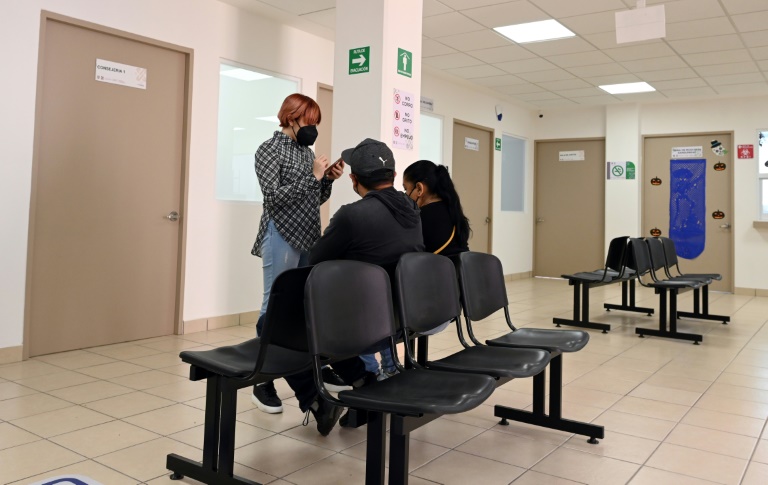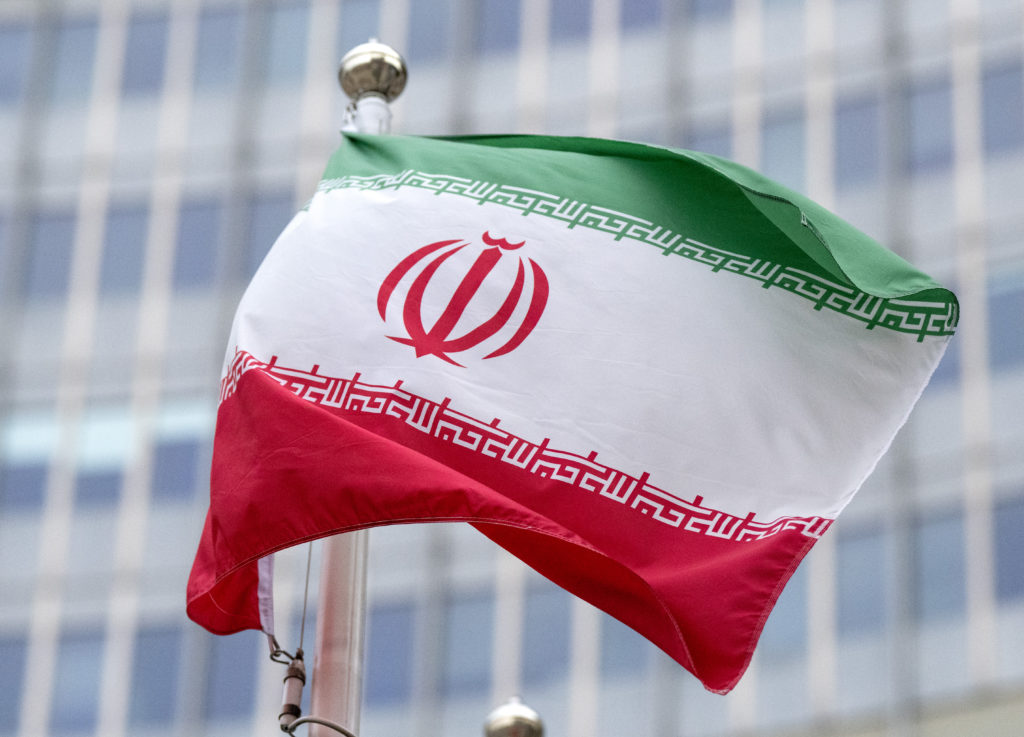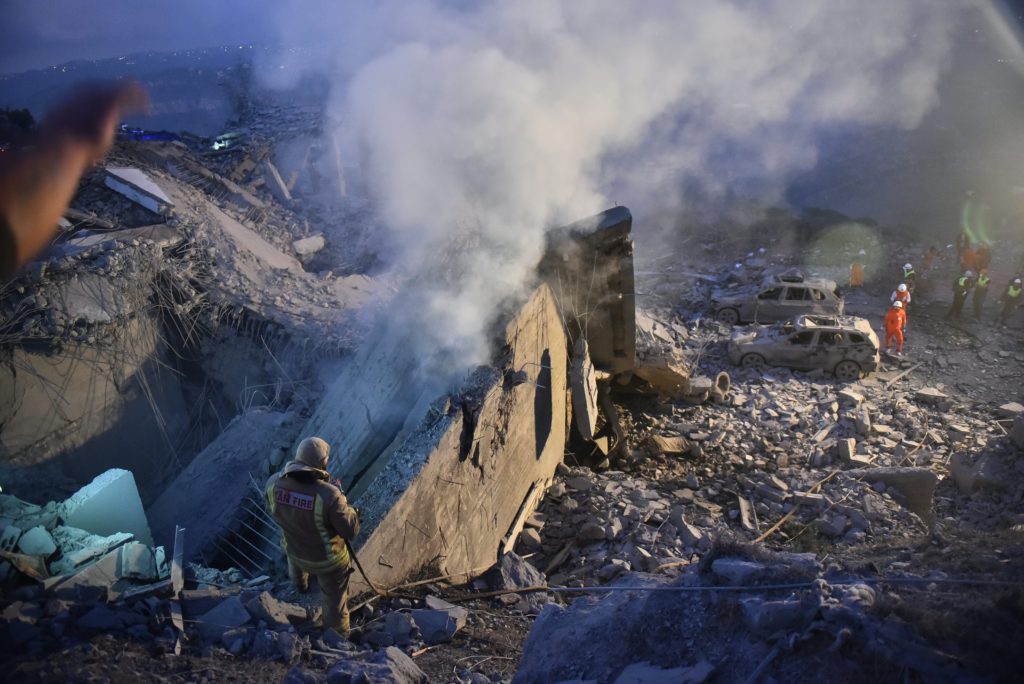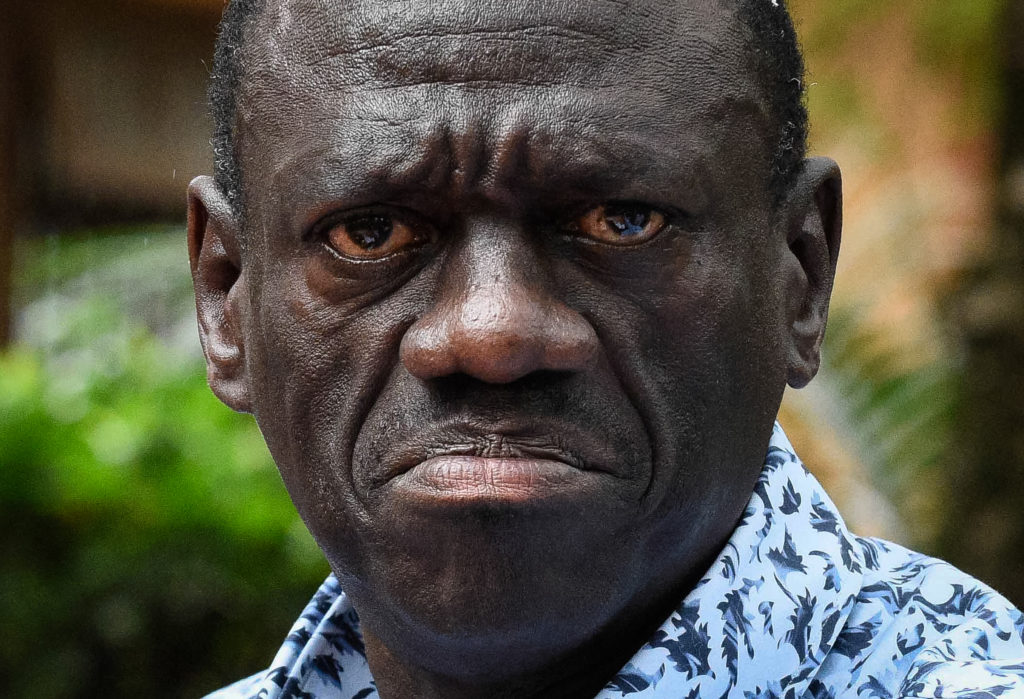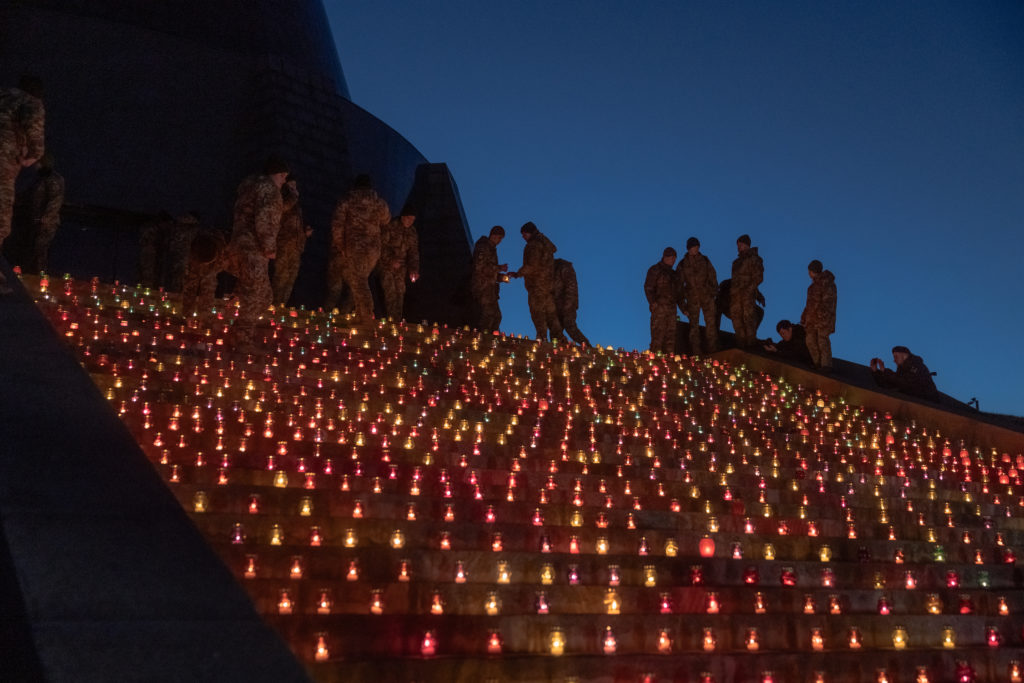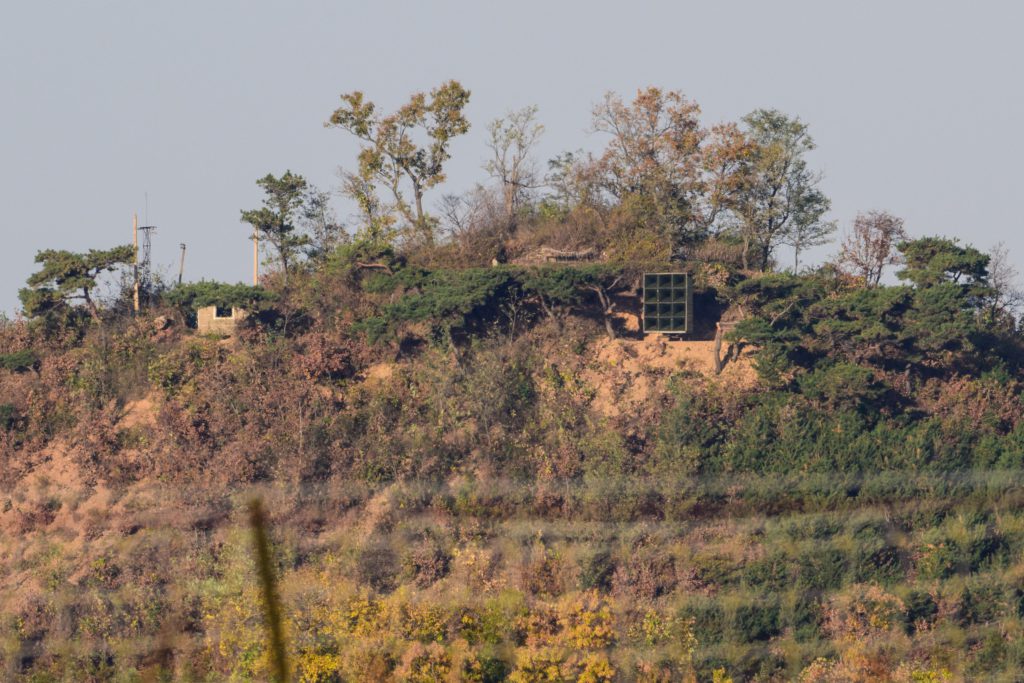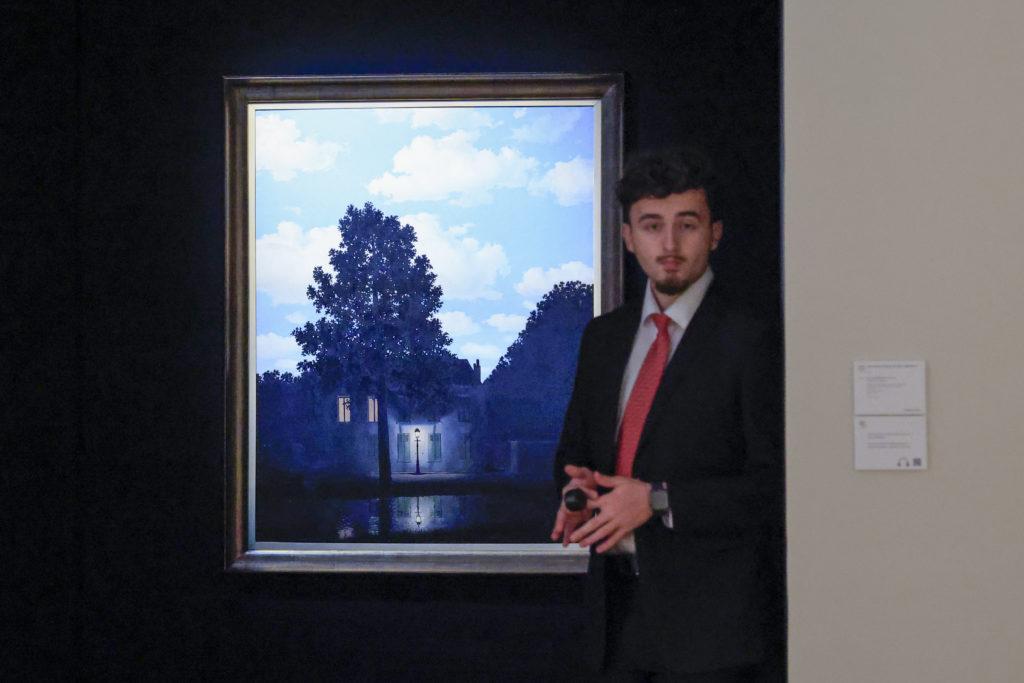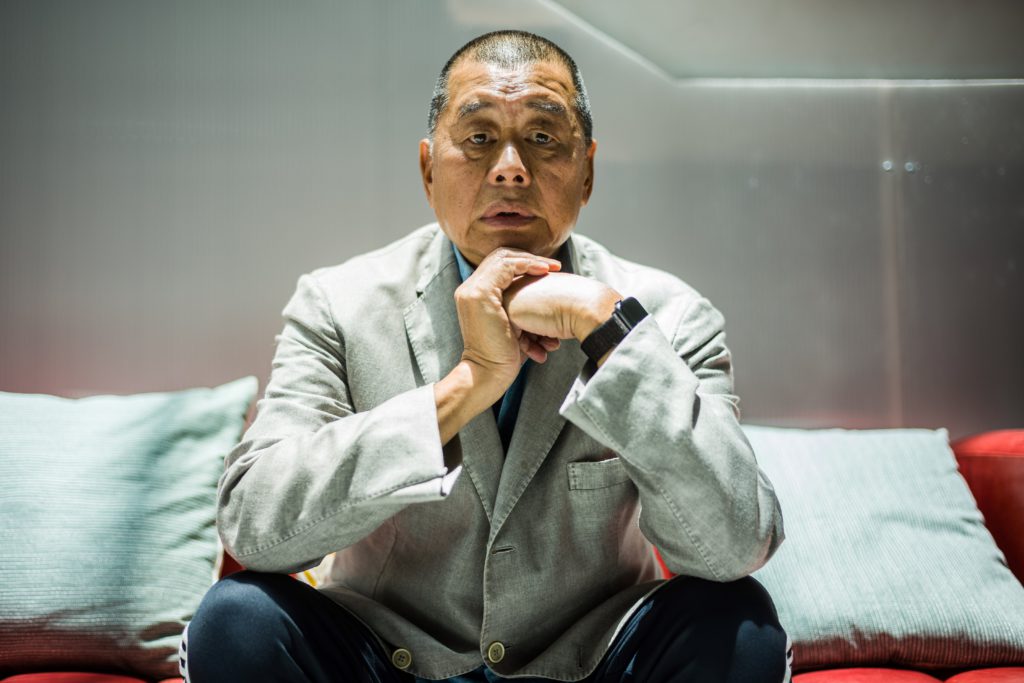When Sandra Montiel’s friend needed medical care after cosmetic treatment went wrong she was turned away by seven hospitals — until she visited Mexico’s first dedicated public clinic for transgender patients.
In the other hospitals, “they didn’t even want to touch her, check her, or clean her, and that’s discrimination,” said Montiel, a 43-year-old sex worker in Mexico City.
Her friend needed help for complications that arose from injecting biopolymer fillers in her buttocks.
When botched, such injections can lead to life-threatening infections.
But it was only when she turned to Mexico City’s new Comprehensive Health Unit for Transgender People that she found somebody to treat her.
The facility is the first of its kind in the country and a rarity in Latin America, where transgender patients usually have to rely on private hospitals.
The clinic aims to end to the confusion and rejection that the community often faces when seeking medical attention, offering services including psychological support and hormonal treatment.
“Not all health centers have the capabilities or are familiar with the trans community. Many times (trans patients) feel discriminated against or are afraid of mistreatment,” said Erika Gonzalez, a coordinator at the clinic.
– ‘Excluded’ –
The clinic, whose creation was one of Mexico City Mayor Claudia Sheinbaum’s campaign pledges, has 11 transgender women and men among its 32 workers.
That makes a big difference compared with other clinics where trans patients “feel violated, excluded and discriminated against,” said Oyuki Martinez, an activist and advisor to the health center.
“Understanding from peers generates trust, empathy and quality of service,” she said.
Karim Gutierrez, a nurse working at the clinic, knows only too well how it feels to be discriminated against for being transgender, which helps when dealing with patients.
Patients can receive treatment “without questions like ‘what are you?’ when really we’re people,” he said.
Gutierrez, 38, legally changed his own gender two years ago, a step that has been possible in the capital since 2014.
Housed in a two-story building in the city center, the clinic has two general medical practitioners and four specialists.
Although it does not offer surgery, if necessary it can issue referrals for patients to be treated in other public hospitals.
In the six weeks since it began operating, it has seen about 200 people, most of them seeking psychological services to start hormonal and other treatments.
For now the clinic is focused on serving Mexico City’s trans community, but the aim is to set up similar facilities elsewhere in the country, Martinez said.
As well as facing difficulties in accessing health services and risks posed by self-medicating and using synthetic substances, transgender Mexicans are also particularly vulnerable to violence.
– ‘Wrong society’ –
Life expectancy for transgender people in Mexico is just 35 years, compared with 77 for the general population, according to the Inter-American Commission on Human Rights.
Mexico is the second deadliest country for transgender people after Brazil, according to the advocacy groups Letra S and Transgender Europe.
Some 33 members of Mexico’s trans community were murdered in the first half of 2021, according to Letter S, compared with 43 in the whole of 2020.
But attitudes are slowing changing, and in June two transgender women were elected to Mexico’s Congress for the first time, vowing to fight for the rights of their community.
Amelia, 16, is one of three adolescents attending the new transgender clinic along with her mother.
For now the facility does not treat younger children, although there are plans to do so in coordination with pediatric specialists.
While adolescents in Mexico City are allowed to change their officially registered gender from the age of 12, in most of the country it is not permitted even for adults.
Some people make you think that “you are in the wrong body,” Amelia said.
But in reality the underlying issue is one of a “wrong society,” she added.

